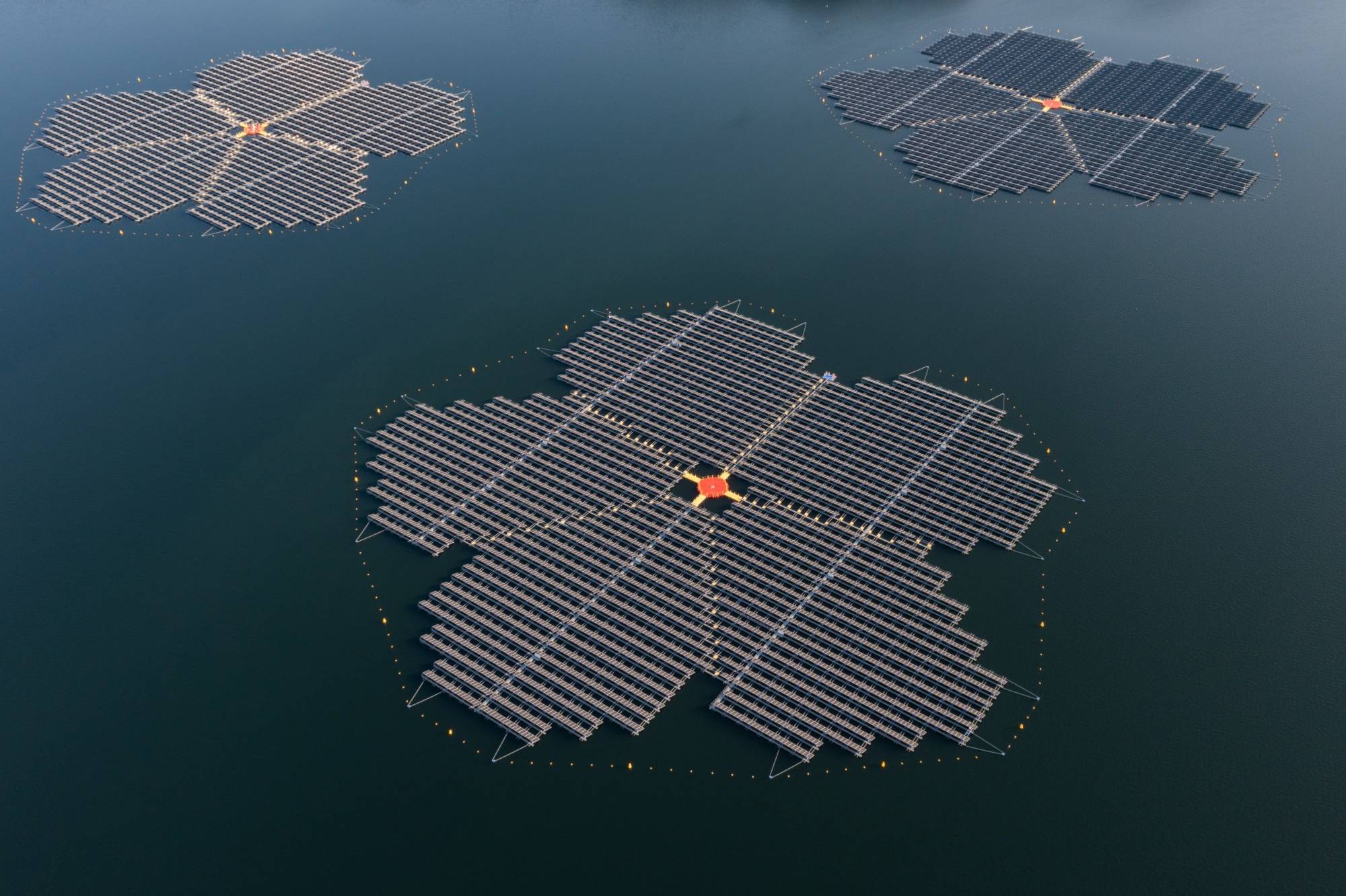South Korean clean-energy companies are major foreign winners from Washington’s landmark climate law as they benefit from tax credits and a turn away from China.
Hanwha Solutions, a solar equipment maker with manufacturing and research sites in North America, said it’s expecting to get more than $200 million in tax credits annually from next year. CS Wind, which operates the biggest U.S. facility to build wind towers, is also forecasting a big windfall from the credits. Both companies are considering further investments as a result of the law.
The Inflation Reduction Act, which U.S. President Joe Biden signed into law last week, earmarks $374 billion for decarbonization and scaling up local manufacturing in areas like wind, solar, batteries and green hydrogen. Washington’s goal to cut dependence on equipment from China, which dominates many of these markets, should also give Korean firms a competitive edge.


















With your current subscription plan you can comment on stories. However, before writing your first comment, please create a display name in the Profile section of your subscriber account page.